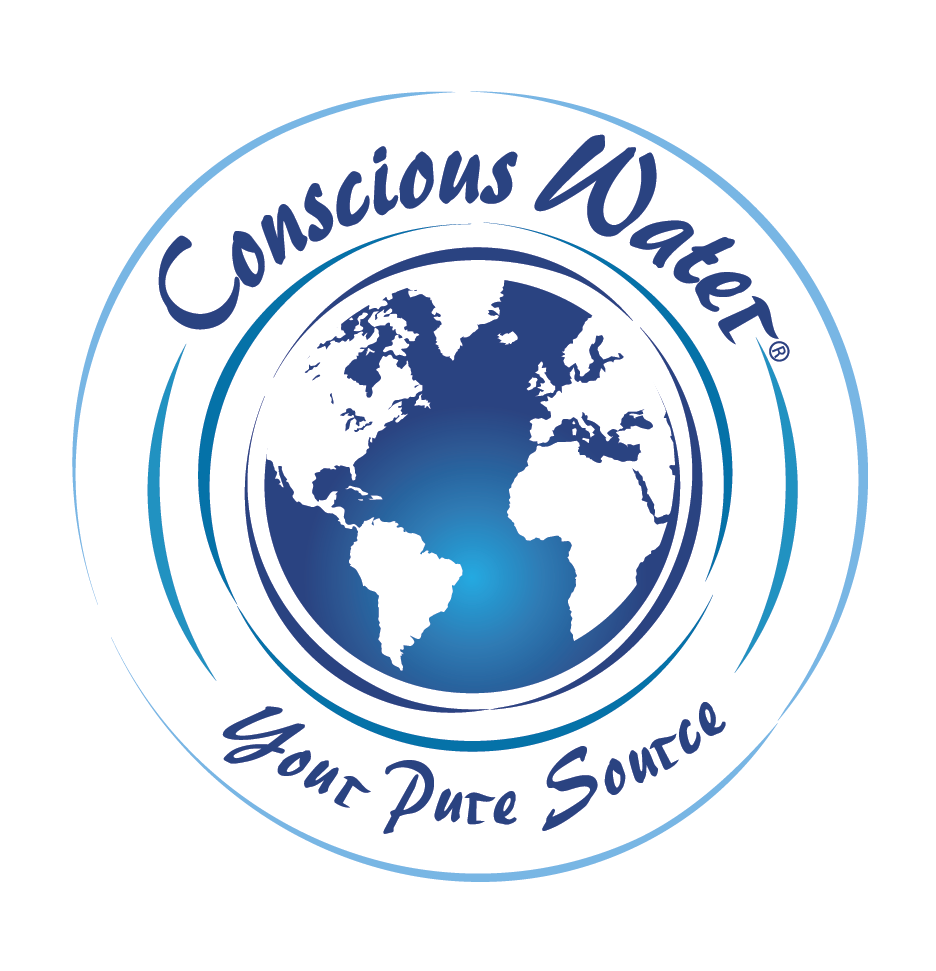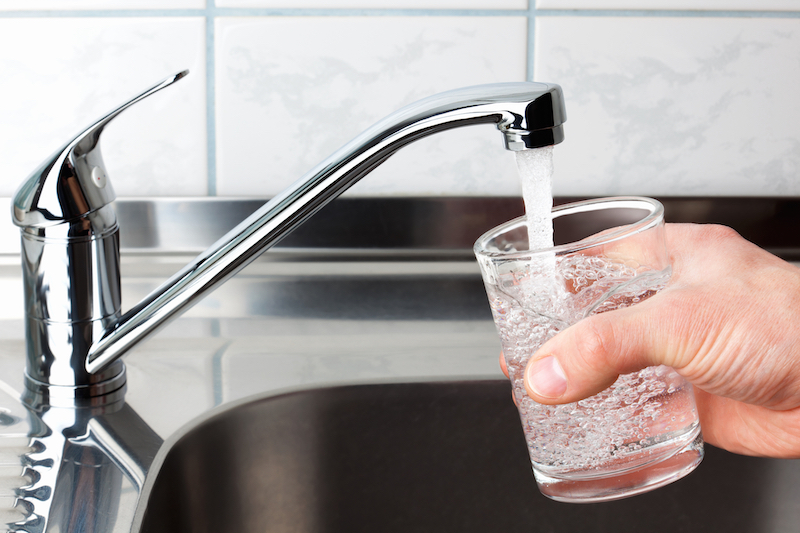We need water for many aspects of daily life. We especially need clean water for drinking, cooking and cleaning. Health Canada has estimated in 2013 that 90,000 illnesses and 90 deaths occurred each year due to unsafe water in the country. There may be 1000 boil water advisories on a given day to warn locals water straight out of the faucet isn’t safe to drink. This heavily impacts residents when advisories last for a long time.
What is a Boil Water Advisory?
When a water advisory occurs, residents in that area have contaminated water that could result in sickness if not boiled first. From 2010-2017, the Canadian Network for Public Health Intelligence (2018) Drinking Water Advisories application reported the largest causes of boil-water advisories were:
- Equipment and process-related problems (83%)
- Microbiological issues leading to poor water quality (13%)
- E. coli contamination (4%)
In rural areas, an estimated 20-40% of residential wells are filled with high bacteria counts or nitrate concentration numbers beyond safe drinking water guidelines. While many aren’t aware of the issue, some resort to “shocking” their wells seasonally with chlorine bleach in an attempt to avoid bad tests.
Chlorine not only leaves a strong smell and taste when it is used in a well or at the drinking facilities, but it cannot treat all water problems. Illness causing microbes, like Cryptosporidium and Giardia, are likely to resist the chlorine treatment. And while more chlorine may rid the water of those microbes, too much chlorine can become a dangerous secondary problem.\
And, additionally, some residents in city homes have found their lead pipelines are leading to spiked lead levels in the tap water. Toronto has over 30,000 homes that still have lead water pipes.
Finding Uncontaminated Water Solutions
Many homes are turning to bottled water, especially if they feel impacted by boil water advisories or are concerned they cannot trust their tap water. Statistics Canada reported nearly one in five Toronto households and 36% of Windsor residents drank solely bottled water in 2015. But the impact of disposable plastic water bottles is having a shocking affect on the world, polluting lakes, oceans and filling garbage dump sites.
Fewer than 11% of Canada’s plastic is actually recycled, according to Environmental Defense. While making new plastic bottles from fossil resources is very cheap for manufacturers, collecting and recycling the plastic is not. So, the vast majority of bottles are dumped into the environment as a fast and easy solution. Plastics do not biodegrade.
Sustainable Bottled Water Solutions
Instead of reusable plastics, those concerned about the state of our environment often turn to filtering solutions. Water can be effectively filtered so that it is safe to drink and tastes great. Water filtration systems, like Berkey Water Filters, can be used to safely filter any kind of freshwater source. From tap water that could be contaminated to lake water, the Berkey system saves money, reduces pollution and provides pure water for your family.


